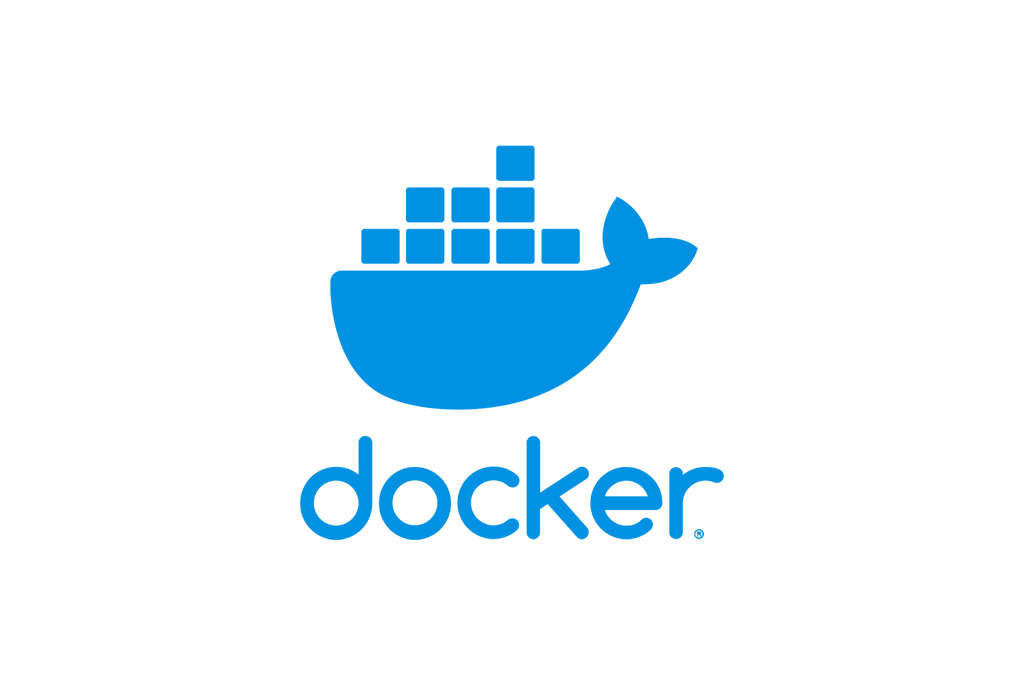
Enhancing Website Speed and Security with CDN
A Content Delivery Network (CDN) is a network of geographically distributed servers designed to optimize the delivery and access of content on the Internet. The primary purpose of a CDN is to improve the speed, performance, and security of a website or online service.
Improving Load Speed
A CDN stores a copy of your website on multiple servers located in different parts of the world. This means that when a user accesses your site, the information is delivered from the nearest server, significantly reducing the loading time.
Latency, the time it takes for a data request to travel from the user’s browser to the server and back, is considerably reduced with the use of a CDN. Having servers in multiple locations minimizes the distance that data has to travel. This is particularly important for sites with a global user base, where latency differences can be significant depending on the geographical location of the main server and the users.
By distributing user requests across several servers, the load on any individual server is reduced. This means that each server can respond more quickly to requests, improving the overall speed of the site. Moreover, many CDNs employ techniques such as file minification and compression, further reducing the size of the transferred files, resulting in faster load times.
Many modern CDNs include intelligent content optimization features, such as automatically adjusting image and video quality based on the user’s connection speed or device type. These adaptive optimization capabilities ensure that content is not only delivered quickly but also presented in the best possible way, regardless of the network or device limitations of the user.
Using a CDN reduces the workload on your main server, which decreases bandwidth usage and, therefore, the associated costs.
Increased Availability and Scalability
A CDN efficiently manages traffic spikes and facilitates scalability, ensuring that websites continue to operate during high-demand events. By distributing traffic across its global network, it not only maintains stability but also allows the website to adapt and handle increased traffic without the need for major structural changes.
CDNs balance the load by evenly distributing requests among servers, preventing overload on any of them. This function is vital for maintaining site stability. In addition, they strengthen site availability by redirecting traffic to functional servers in case of failures, ensuring uninterrupted and reliable access even during technical issues.
Enhanced Security
A CDN effectively protects against DDoS attacks, which overwhelm websites with excessive traffic. By distributing this traffic across its server network, the CDN keeps the site operational during attacks, while ensuring data transfer with SSL/TLS encryption, important for protecting sensitive user data.
CDNs also provide advanced traffic filtering to block malicious access and offer customized security settings according to the site’s needs. By delivering static content from their servers, they reduce exposure to vulnerabilities, limiting direct attack points on the main server.
QualitApps recommends using a CDN to improve websites, highlighting Transparent Edge, their Spanish partner with three nodes in the country, specializing in eCommerce. This CDN optimizes page loading and efficiently handles traffic spikes in online stores, enhancing user experience and boosting conversion and customer retention on e-commerce platforms.





